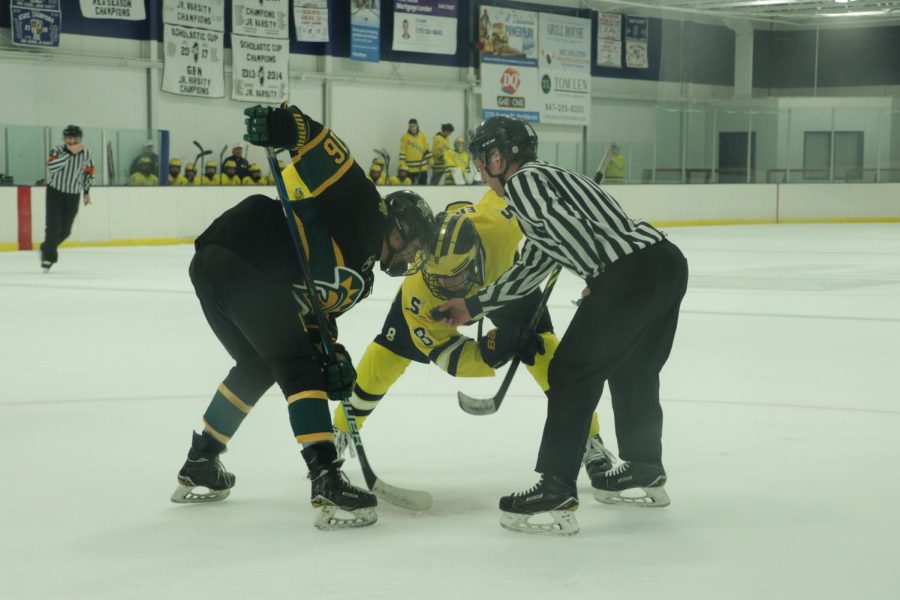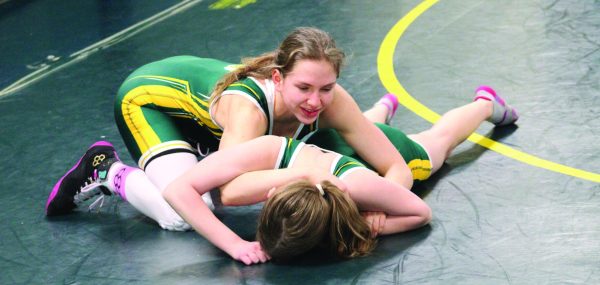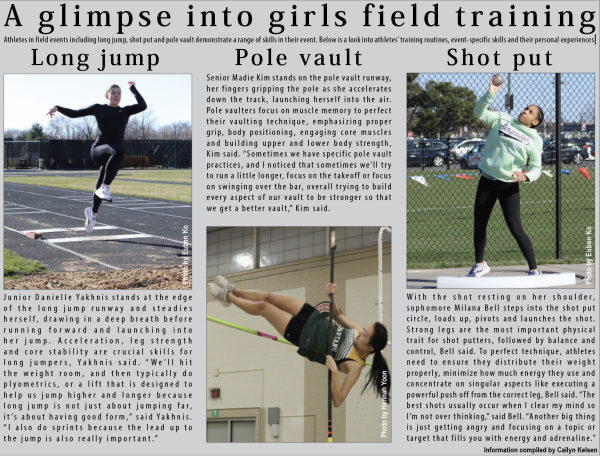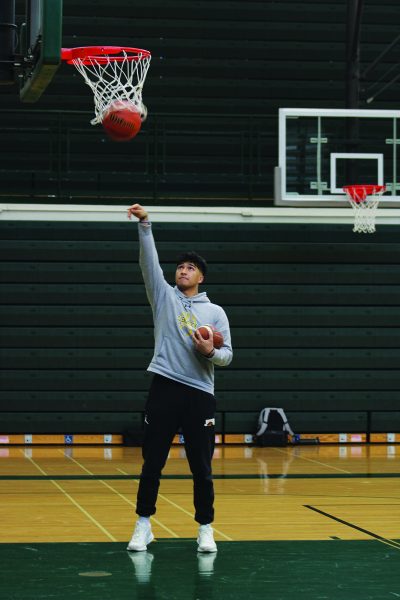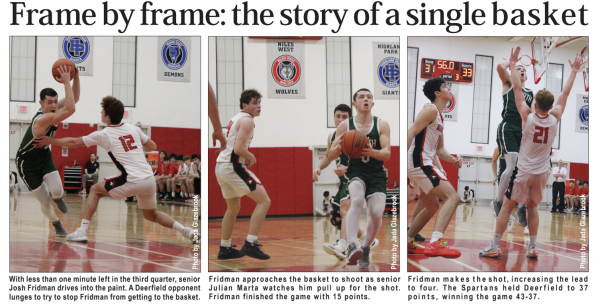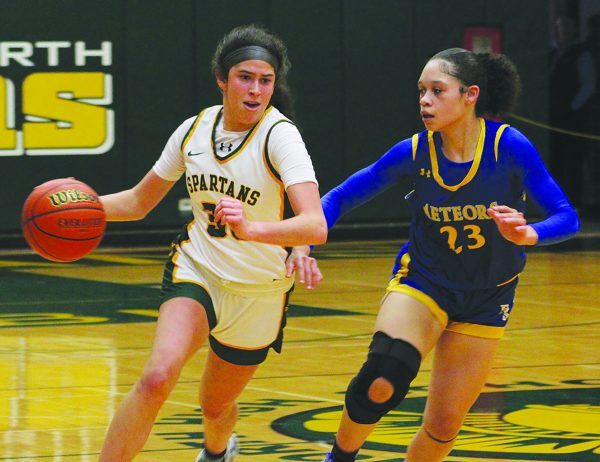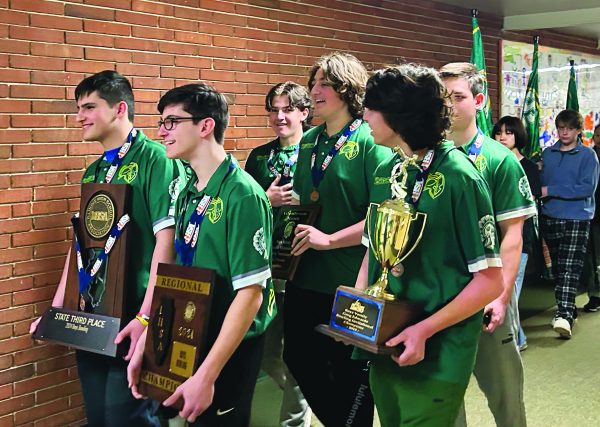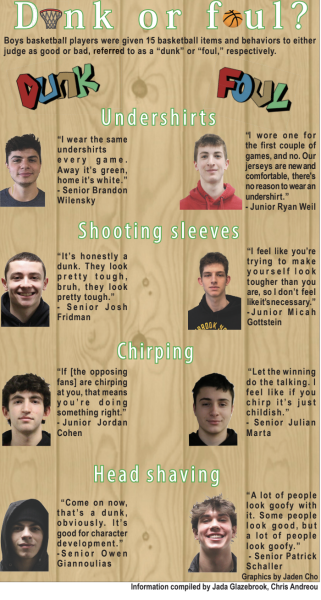Hockey rivalry streak shattered
Similarities between teams intensify competition
On the night of the annual Thanksgiving rivalry hockey game between Glenbrook North and Glenbrook South, former GBN hockey players pushed against the glass surrounding the rink, watching as their old team fought to defend a 15-year win streak. GBN lost the rivalry game 3-1 on Nov. 24, 2021.
“When we play GBS we are expected to win, and we are expected to win big,” said junior Aidan Siegel. “That nervousness with everyone there, everyone watching, the rivalry,… it made the game that much more nerve-wracking.”
Rivalries typically increase motivation and performance, Dr. Christopher To, visiting assistant professor of management at the Kellogg School of Management at Northwestern University, said in a phone interview.
The extra pressure and visibility from some rivalries can turn what is normally a challenge into a threat, undermining motivation and performance with fear of failure, To said.
According to Siegel, the first five minutes of the game began slowly for both teams.
“You’re playing like you don’t want to lose rather than [to] win,” Siegel said.
According to senior Kyle Burke, “Standings-wise, [the rivalry game] is only one game, but the confidence you get from winning or the confidence you lose from losing, it is pretty critical.”
Head coach Evan Poulakidas said in a phone interview that following the rivalry game in November, GBN played poorly in the Loyola Thanksgiving O’Grady Tournament, which the team has historically played well in.
Since the rivalry game, the team played GBS twice again, losing 3-1 on Jan. 23 and 4-2 on Feb. 1.
The team ended the regular season with a record of 36-22-1. As of Feb. 15 junior Owen Just leads the team in points, averaging 1.63 goals per game. The first Scholastic Hockey League playoff game took place on Feb. 12, the second on Feb. 16 and a potential third game is scheduled for Feb. 19. The team is ranked 8th in the state leading up to the state playoffs which are scheduled to begin on Feb. 25.
According to senior Elle Harris, she feels like she is competing against the GBS student section when attending rivalry games.
“The fans are just as aggressive as the players are on the ice,” Harris said.
Dr. David Tyler, assistant professor of sports management at the Isenberg School of Management at UMass Amherst, said in a video conference that a high school rivalry can be stronger than college or professional sports in some cases because the fans come from a smaller and more connected environment.
“You have more intensity because there’s more of a person’s identity tied up in the game itself,” Tyler said.
The similarities between GBS and GBN, along with the close proximity, also intensify the rivalry because winning can help distinguish the two from each other, Tyler said.
According to Siegel, the losses against GBS motivate returning players to redeem themselves in future rivalry games.
“You got playoffs, and you got beating South,” said Siegel. “The two biggest things that you look forward to every single year.”


